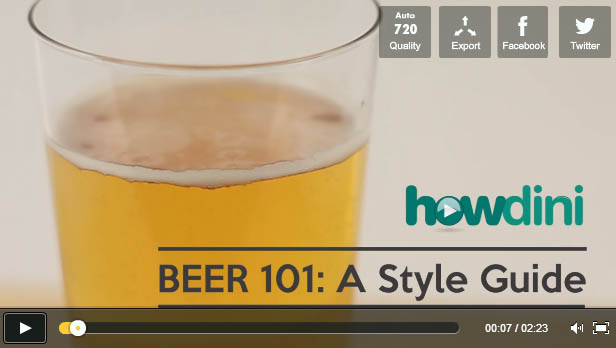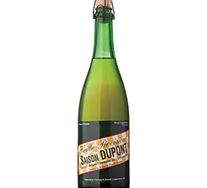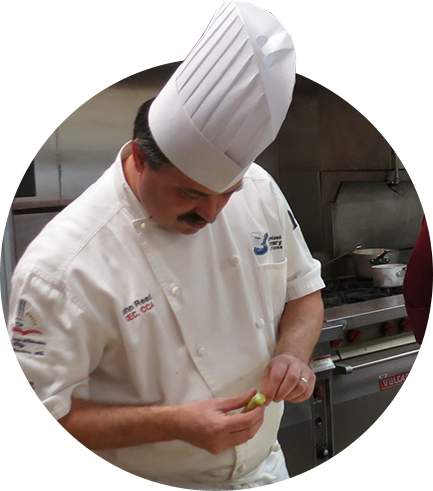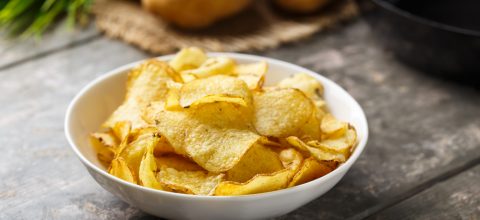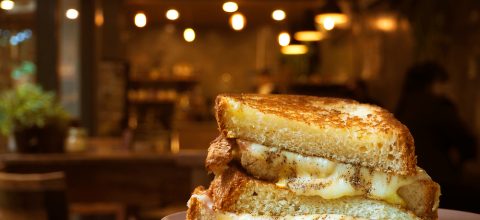I started writing this newsletter for two reasons: first, my curiosity about the history of food and second, the way I could use that knowledge to be a better chef. I have been an avid reader and cookbook collector for most of my career. I think I have read more since completing my education than I did during my formative college years. As I read and learn things, I love to pass that on to my friends and clients through writing great menus, cooking for them and sharing my thoughts with you, my readers. So, what is all this leading to this month?
If you know me by now, you’ll know that some way, somehow, there will always be words or a reference back to beer. It is a something for which I have a great admiration and passion. As I have written before, Chicago is an emerging craft beer city. We have always had great food, and we now have a great collection of craft brewers producing artisan products that we are craving at an ever-increasing rate. Greg Hall and his Goose Island Beer Company slowly trained a new generation of brewers who are now serving up great beer at places like Piece, Revolution and Mickey Finn’s in Libertyville. Even the suburb of Evanston, which was a “dry” city until 1972, has Temperance Brewing Company as well as the first local distiller, FEW Spirits.
With all of this happening, there is also the positive side effect of having too many choices and lots of emerging styles. So, with time on my hands and plenty of knowledge to share, I want to discuss a quandary. What is a “quandary,” you ask? By definition, it is “a state of perplexity.” So what I am perplexed about? An acronym that I came across the other day, one that is associated with a beloved style of beer: the IPAs.
For those who aren’t in the know, the acronym “IPA” stands for India Pale Ale. According to the Oxford Companion of Beer, the IPA is “a style of beer characterized by high alcohol and hops….it was highly popular to British India and other outposts of the British Empire.” The entry goes on for several pages about IPA history and how it’s a beer of wild conjecture when it comes to what today’s IPAs really are or how they’re defined. The thought that resonated with me, the quandary, was this argument: Due to the fact that the traditional IPA took six months to “ripen” in barrels aboard sailing ships at sea to get its characteristic taste, the beers of today cannot be true IPAs.
We have IPAs, Double IPAs, Imperial IPAs, American IPAs and now the friggin’ IPL. Really?!
What the heck is an IPL? Greg Kitstock, in a 2013 article in The Washington Post, described them as “rebels.” Kind of sound likes Boston Beer Company’s new Rebel IPA. This new style is a traditional, cold, fermented lager (not a top fermented ale) traditionally used in the production of the IPA. Dry hopping finishes this bright, slow fermented and more carbonated base. This is a technique of adding “wet hops” or fresh whole hop flowers just prior to barreling, which is done for preservation (as well as to give the beer a floral finish akin to the IPAs to which we are now accustomed). To me this is rather confusing. If you are going to make a lager, then make one! This is the same with an IPA, if you still want to call it that, but why both in the same bottle? Are we pushing creativity too far trying to be different? For some, I say go for it, but you need to decide.
On a different note, if you want to try tasting IPL, that might be hard because few people brew it year round and mostly only as special projects. Rumor has it that there may be a few local options soon, though.
Why is this of any importance to the culinary community? We went through the same issue with food fusions. Let’s go down memory lane: nouvelle, the second nouvelle, fusion, Floribbean, Korean-Mexican, the NY-style Architectural period of the 80’s, etc. All had merit, but some were just pretty far out there. I am not saying that the craft beer industry will go that way, but we as consumers need to be cautious. Chefs can be notorious for putting too many things on a plate, but they can also take those items off the menu pretty quickly if they don’t sell. Brewing is a little harder to reverse if you start off with a bad 15 barrel batch. Brewers know this, so generally they are going to make the effort to put a good product in the barrel or the bottle.
There are so many options when it comes to beer (and IPAs in general), but here are a few simple rules.
- Drink local – It will be fresher and just makes sense.
- Drink seasonally – Brewers are like chefs. They brew what’s appropriate and available now. Remember, most beers don’t age well.
- Look for the Beer Engine – Try any cask conditioned beers being dispensed without nitrogen or CO2. This is how a traditional IPA would have been served.
- Drink appropriately and not in excess – You don’t need to taste every beer at the local beer festival. Plus, it kills your palate, making tasting pointless.
- Drink with friends – Don’t drink craft beers alone. Share comments and experiences over a couple of options with your crew.
So, with that being said, what am I drinking now? With the weather warming up and my little grill on the back step calling my name, I’m focused on what the brewers were thinking about in the dark of winter and sub-zero temps. They started brewing Maibocks, IPAs, Hefeweizens and blonde ales for these exact warm spring days. Now the kettles are starting to boil for pilsners, cream ales, California commons and summer ales. My favorites will be the farmhouse-style saisons. These unfiltered, bottle-conditioned, French-style beers bring a smile to my face on hot summer nights.
I hope I have encouraged you to walk the aisles of the local beer store thinking about cooking some delicious food and pairing it with your next new craft beer find – something that doesn’t come in a 30-pack case.
Check Out This Video About Beer
Beer
Crazy Good
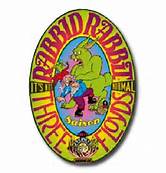
If you can find it, grab a few because it is definitely worth it.

